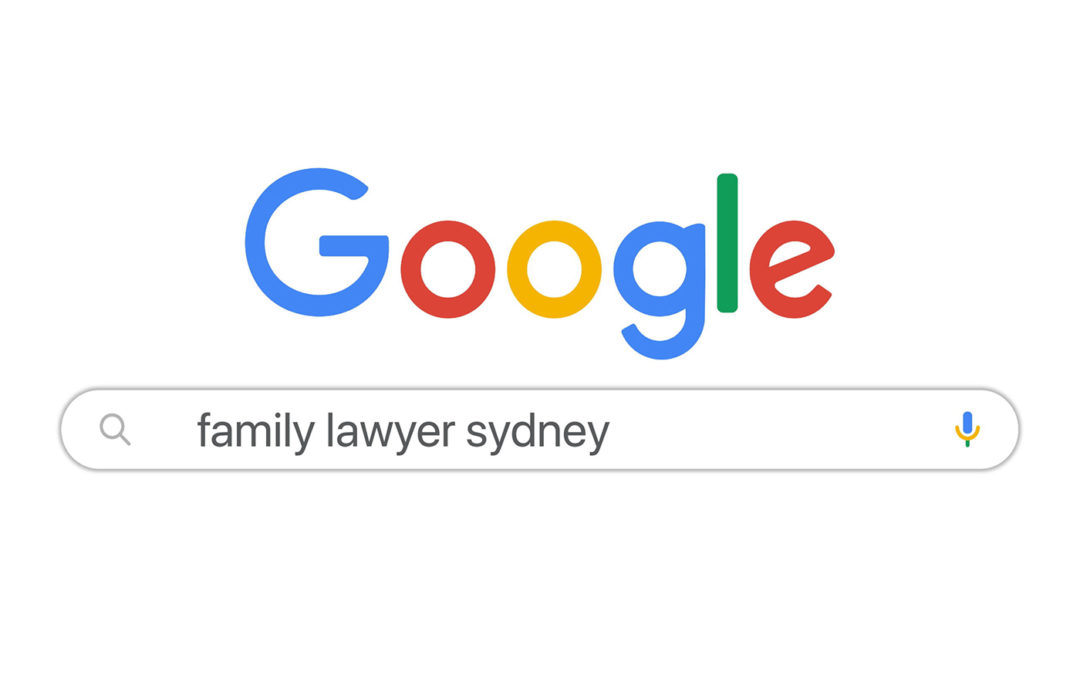If you are in charge of your law firm’s online reputation or website security it’s critical to understand the importance of securing your law firm website with an SSL certificate.
Cybercrime is estimated to reach $1.5 trillion in profits in 2018, if this rapidly growing economy was a country it would be the 13th largest contributor to GDP in the world! Whilst these statistics are alarming to say the least, what’s of equal concern is the mindset of many law firms that website security is something that only large organisations need to worry about. This is furthest from the truth as small business websites are an appealing target for cybercriminals as they are typically the most vulnerable – which explains why the number of small business websites that have been affected by cyber-attacks has increased by 424% in 2018.
As a result of this massively expanding industry, website security has become a focal point for many leading organisations – one of which is Google, who are committed to making the web a safer place. Hence their recent announcement that the Google Chrome browser will increase its protection of website visitors by now identifying websites that are not encrypted with HTTPS as being Not secure. Their intention is to alert visitors to potential security risks associated with providing personal information when using these websites, as this data could be intercepted by hackers.
How do you know if a website is secure?
In earlier versions of Chrome to the left of the website address you might see a padlock icon – a closed (usually green) padlock indicates a secure website and an open padlock an unsecure website. In the new version of Chrome the onus has shifted and Chrome will proactively indicate whether the website is Secure or Not secure (see below):

How does this change in Chrome impact your law firm?
SSL Certificates
- Having an encrypted website means that the sensitive information sent from your customer’s browser to your web server is encrypted. This instils confidence in your visitors knowing that the connection they have to your website is secure and any information they share with you is protected from hackers attempting to intercept it. This builds credibility and trust with your customers as they can see your law firm takes their privacy seriously
- Having a secure website will not only retain your existing customers, but will attract new customers who are fleeing from competitors whose sites are not secure
- A secure website has SEO benefits too, as Google rewards encrypted HTTPS websites with better rankings in search results
- HTTPS uses an improved internet protocol called HTTPS/2 allowing websites to load a lot faster – which significantly enhances user experience and further boosts your search engine ranking
Best Practice Tips for Implementing HTTPS
- Obtain your SSL Certificate from a reliable Certificate Authority
- When setting up your certificate use a 2048-bit key for high level security
- Ensure your HTTPS pages can be crawled and indexed by Google
- Make sure your HTTPS site supports HTTP requests from users
- Always keep your SSL Certificate up to date
- Be sure to register your Certificate for all host names that your law firm website serves
- Check that the content on your HTTP site is the same as the content on your HTTPS site
Over the past couple of years migrating a website to HTTPS has become a lot more manageable, however it’s by no means an easy task and something that requires significant testing to ensure a successful transition. If your law firm is in any doubt about the technical IT capabilities you have in-house, we highly recommend you contact us or your hosting provider for expert advice on moving your website to HTTPS.
In a world where cybercrime is ravenous, security and privacy are paramount with secure websites becoming the way of the future. A survey conducted by GlobalSign indicates that 84% of people would abandon a purchase if the data was not sent over a secure connection.
Therefore, the sooner you migrate your law firm website to HTTPS, the lower the impact Chrome’s latest changes will have on the valuable trust you have already built with your visitors and the greater the chances that they will not abandon your website.
If you want some help in sorting this out or if you need someone to ‘run the ruler’ over your website, give us a call or contact us.
About the author

Brian Hicks
Brian has more than twenty years’ experience in marketing and management across diverse industries including legal, real estate, tourism and technology. Brian lives in Sydney with his wife and two daughters.











